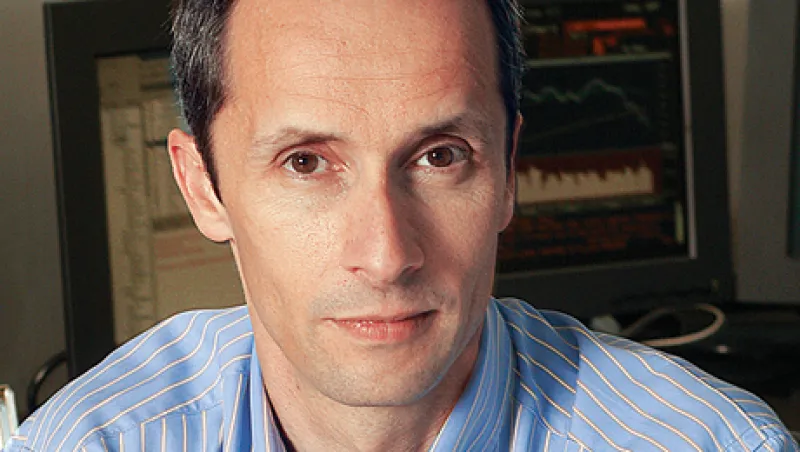
Five Questions: Everest Capital Founder and CEO Marko Dimitrijević
Institutional Investor Senior Editor Jay Akasie spoke with Dimitrijević about his emerging-markets strategies.
Jay Akasie
August 23, 2012


